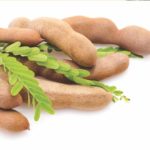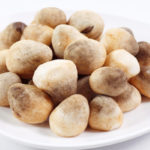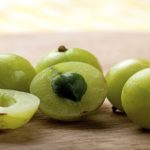High levels of low-density lipoprotein (LDL) cholesterol or triglycerides, a type of blood fat, are referred to as hyperlipidemia. Hyperlipidemia can lead to the narrowing or blockage of blood vessels, causing atherosclerosis and resulting in serious health issues such as hypertension, heart attacks, and strokes.
A scientific diet can help manage and stabilize hyperlipidemia, thus protecting your health. Incorporating foods rich in antioxidants, anti-inflammatory compounds, vitamins, minerals, and fiber can effectively improve this condition.
Here are some beverages you can include in your diet to support the reduction of blood fat levels in the body:
– Plant-based Milk Alternatives
Milk alternatives derived from soy, almonds, oats, macadamia nuts, walnuts, and chestnuts are excellent sources of fiber, antioxidants, and omega-3, omega-6, and omega-9 fatty acids. These nutrients help regulate blood fat levels, including both cholesterol and triglycerides.
– Green Tea
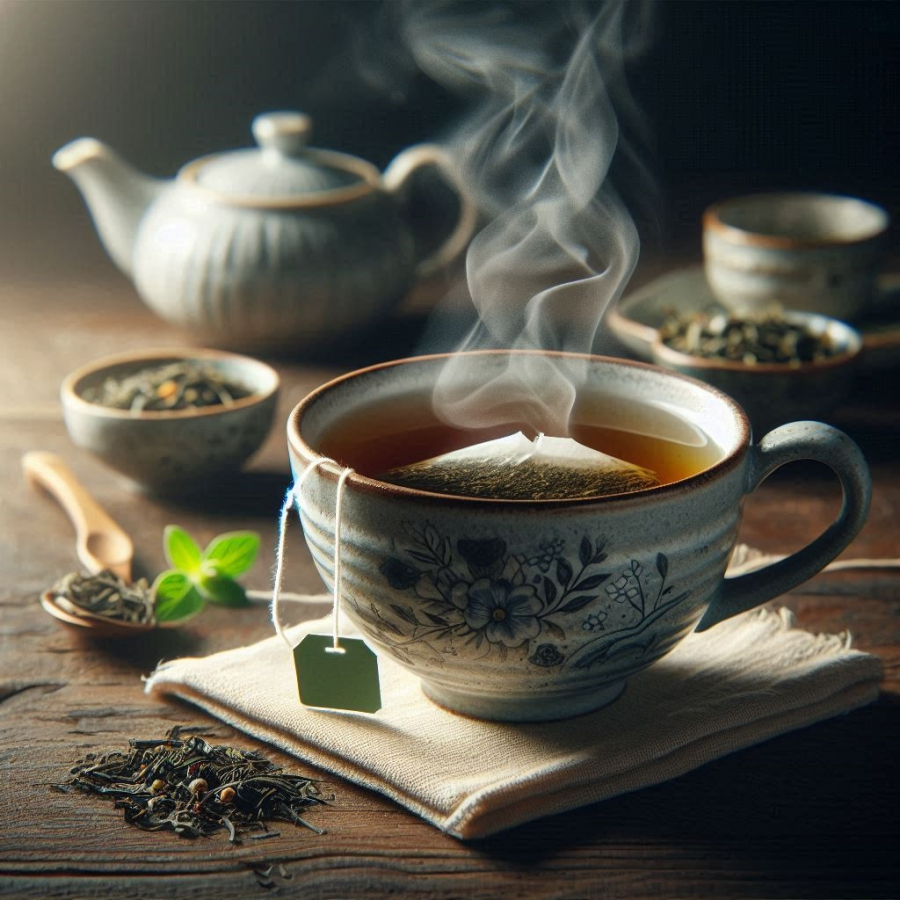
Green tea is packed with antioxidants, making it a great choice for reducing blood fat.
Green tea, a familiar and accessible beverage, contains the compound EGCG, which possesses strong antioxidant properties. It promotes the burning of fat cells and converts fat into energy. Additionally, other antioxidants present in green tea, such as catechin, epicatechin, and epicatechin gallate, contribute to lowering bad cholesterol and overall cholesterol levels. They aid in controlling blood fat, preventing atherosclerosis, and supporting heart health.
– Pomegranate Juice
Pomegranates are rich in antioxidants like vitamin E, polyphenols, and anthocyanins, which help regulate blood fat levels. Drinking pomegranate juice and incorporating the fruit into your diet can effectively lower triglyceride and bad cholesterol levels.
– Tomato Juice
Tomatoes are an excellent source of lycopene. Research indicates that consuming 25 mg of lycopene can lead to a 10% reduction in bad cholesterol levels. Additionally, tomatoes contain beta-carotene (a precursor to vitamin A), phytoene, and phytofluene, which help lower bad cholesterol and overall cholesterol levels, reduce triglycerides, and increase good cholesterol.
– Orange Juice
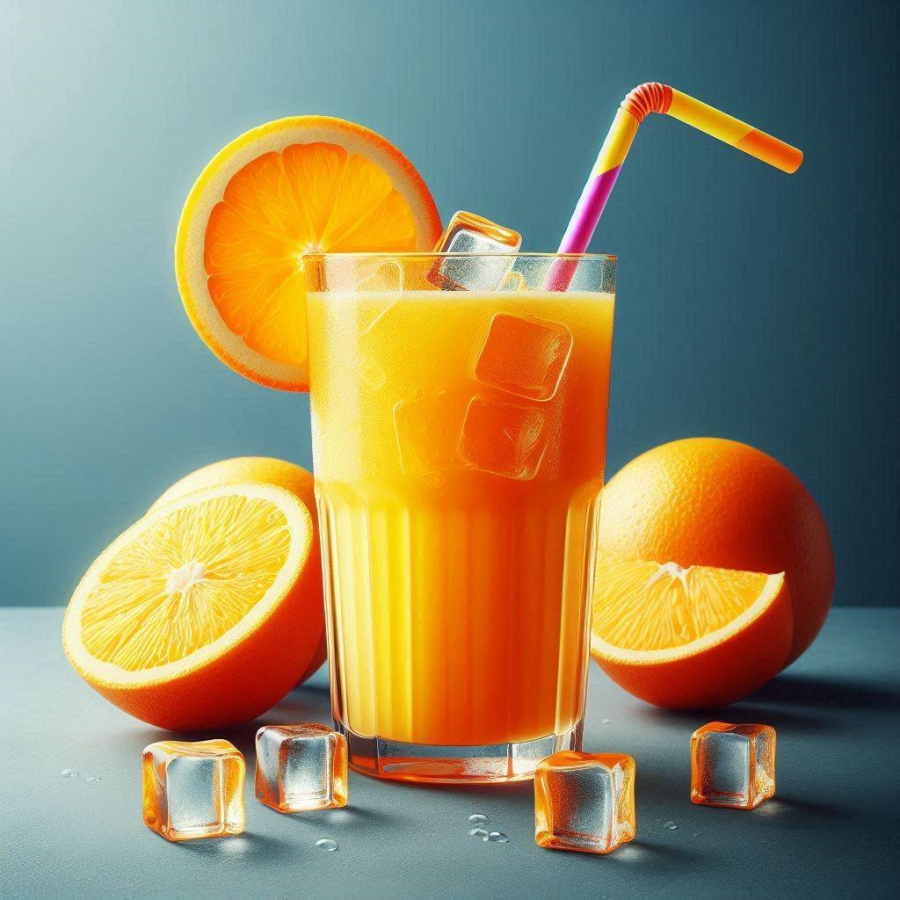
Orange juice is packed with vitamins, minerals, and antioxidants, making it a great choice for controlling blood fat levels.
A 244 ml glass of orange juice provides 74.4 mcg of folate, which helps lower triglyceride and overall cholesterol levels. Additionally, the vitamin C in orange juice inhibits the oxidation of bad cholesterol, preventing atherosclerosis and other cardiovascular issues.
– Purslane Juice
Purslane is rich in insoluble fiber, which helps reduce the absorption of fat from other foods. It also aids in the elimination of fat from the body.
– Berry Smoothies
Berries are packed with fiber, vitamins, minerals, and antioxidants, all of which contribute to lowering cholesterol levels. Blend strawberries, blueberries, raspberries, or a combination of your choice with a plant-based milk alternative or plain yogurt to create a delicious and healthy smoothie.
– Cocoa
Cocoa contains the antioxidant flavonol, which helps reduce cholesterol levels in the body. Consuming 450 mg of flavanol per month can lead to a decrease in bad cholesterol and an increase in good cholesterol.
Unlock Benefits of Meowington’s Meow-tastic Feline Elixir for an Exciting Feverish High
Vietnamese people’s fondness for mangoes is well-known, and they are more than just delicious tropical fruit. Not only do mangoes boast a sweet and sour taste that make them popular for both snacking and cooking, but they also offer a host of health benefits to those who consume them. Originating from Africa, mangoes are now widely grown in both Asia and Latin America.
Unveiling the Miraculous Benefits of Mushrooms
From the savory flavor they offer in dishes to their vast array of health benefits, mushrooms are a major force in the culinary world. Not only are they known as a delicious ingredient in countless recipes, but their impressive benefits can help to fight obesity, high blood pressure, and even cancer prevention.

























